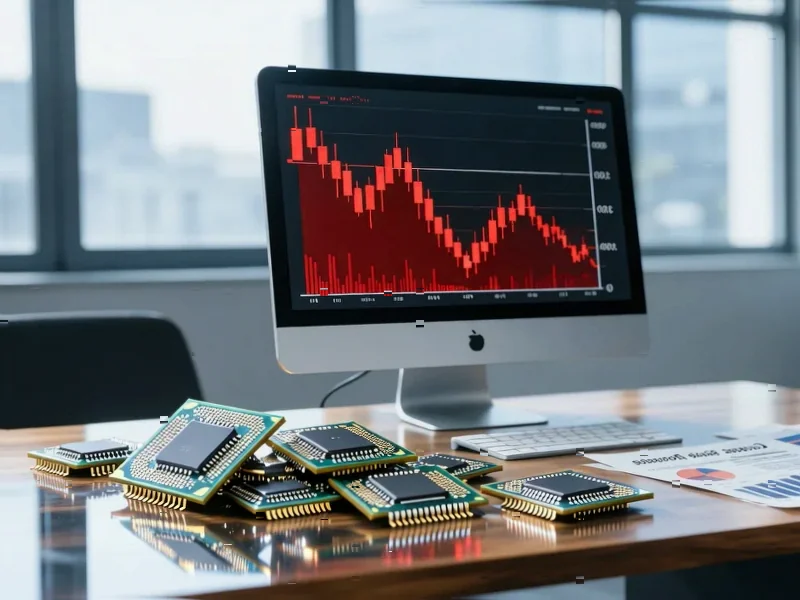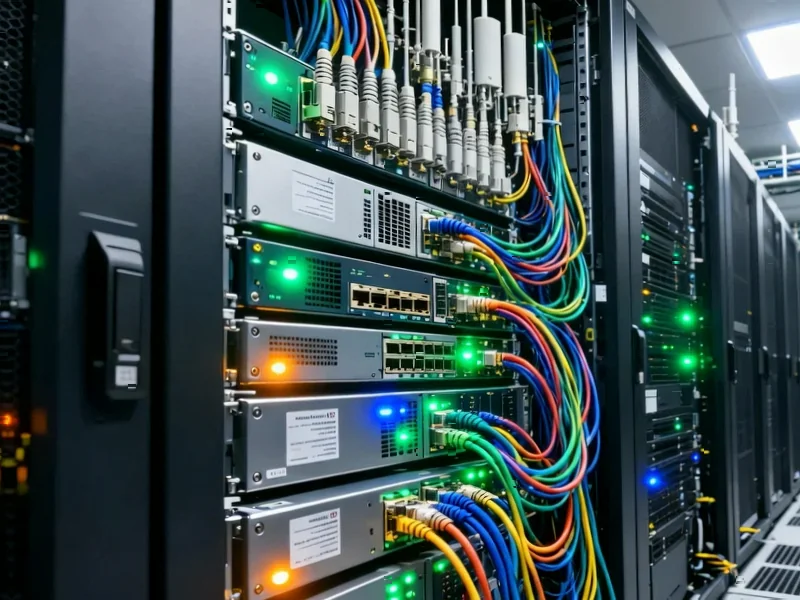According to Fast Company, Nvidia shares are down more than 2.2% and Palantir shares have dropped over 6% this morning. The decline comes as investors grow increasingly concerned that the AI boom is starting to resemble the dotcom bubble of the late 1990s and early 2000s. Notably, investor Michael Burry, who famously predicted the 2008 housing crash, has begun betting against companies benefiting from the artificial intelligence surge. This marks a significant shift in sentiment toward what has been Wall Street’s hottest sector.
Bubble Trouble?
Here’s the thing about market psychology – when even the smart money starts getting nervous, everyone pays attention. Michael Burry isn’t just some random hedge fund manager; he’s the guy who saw the housing collapse coming when everyone else was still buying McMansions. So when he starts shorting AI stocks, it’s worth asking: does he know something we don’t?
The comparisons to the dotcom bubble are hard to ignore. Back then, any company with “.com” in its name could IPO and watch its stock soar 500% in a day. Sound familiar? Today, it’s companies adding “AI” to their pitch decks and watching valuations explode. But here’s the difference – companies like Nvidia actually have massive revenue and real products that power this AI revolution. They’re not just vaporware.
Winners and Losers in the AI Shakeout
If this really is the beginning of an AI correction, we’re going to see some clear winners and losers emerge. The companies with actual, sustainable AI businesses – the ones making the chips, building the infrastructure, solving real problems – will probably be fine long-term. But the hype-driven startups and companies just slapping AI labels on existing products? They could be in serious trouble.
Look, I’m not saying the AI revolution isn’t real. The technology is genuinely transformative. But markets have a way of getting ahead of themselves, and right now it feels like we’re in that phase where every minor dip triggers panic selling. The question isn’t whether AI matters – it’s whether current stock prices reflect reality or fantasy.
What Comes Next?
So where do we go from here? Honestly, nobody knows. This could be a healthy correction that shakes out the weak players, or it could be the start of something more serious. The companies that survive will be the ones with real technology, real customers, and real revenue – not just buzzwords and investor presentations.
One thing’s for sure: when the guy who predicted the biggest financial crisis of our lifetime starts betting against your sector, it’s probably time to pay attention. The AI train isn’t derailing, but it might be slowing down for a reality check.




